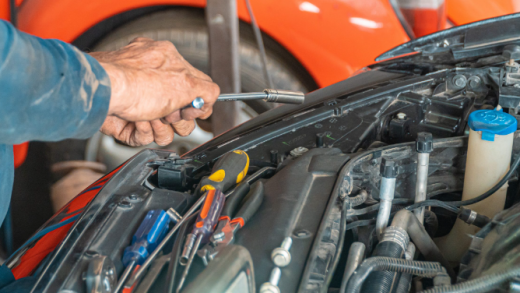When it comes to planning a trip, one of the first questions that arises is the cost. Travelers often wonder if Ireland, with its rich history, stunning landscapes, and vibrant culture, is an expensive destination to explore. In this comprehensive guide, we will delve into the various aspects of traveling in Ireland, from accommodation and transportation to dining and attractions, to provide you with a clear understanding of the expenses involved. So, let’s uncover the truth and help you plan your budget accordingly.
1. Accommodation Options:
Ireland offers a wide range of accommodation options to suit every budget. From luxurious hotels and charming bed and breakfasts to budget-friendly hostels and self-catering cottages, there is something for everyone. Prices vary depending on the location and season, with Dublin being generally more expensive than other parts of the country. It is advisable to book in advance and compare prices to secure the best deals.
2. Transportation Costs:
Getting around Ireland is relatively easy, thanks to its well-connected transportation network. The most popular mode of transportation for travelers is renting a car, which provides flexibility and convenience. However, it is essential to consider the cost of fuel, tolls, and parking fees. Alternatively, public transportation, such as buses and trains, offers affordable options for exploring the country. Planning your itinerary and choosing the most cost-effective transportation method can help you save money.
3. Dining Experiences:
Ireland is renowned for its hearty cuisine and traditional pubs. Dining out can range from budget-friendly options like fish and chips or a hearty Irish stew in a local pub to fine dining experiences in upscale restaurants. Prices can vary depending on the location and type of establishment. Exploring local markets and trying out street food can be a more affordable way to savor the flavors of Ireland while staying within your budget.
4. Attractions and Activities:
Ireland is brimming with captivating attractions and activities that cater to various interests. From exploring ancient castles and breathtaking landscapes to immersing yourself in the vibrant music and dance scene, there is no shortage of things to do. While some attractions may have entrance fees, many natural wonders and scenic spots can be enjoyed for free. Researching and prioritizing the must-visit places can help you allocate your budget wisely.
5. Currency and Exchange Rates:
Understanding the currency and exchange rates is crucial for budgeting your trip to Ireland. The official currency is the Euro (€), and it is advisable to exchange your currency before arriving or withdraw cash from ATMs, which are widely available. Keep in mind that exchange rates may fluctuate, so it is essential to stay updated to make the most of your money.
Conclusion:
Is Ireland expensive to travel? The answer depends on various factors, including your travel style, preferences, and budget. While certain aspects of traveling in Ireland can be costly, with careful planning and budgeting, it is possible to explore this enchanting country without breaking the bank. By considering accommodation options, transportation costs, dining experiences, attractions, and exchange rates, you can create a memorable and affordable trip to Ireland. So, pack your bags, embrace the Irish spirit, and embark on an adventure that will leave you with lifelong memories.


